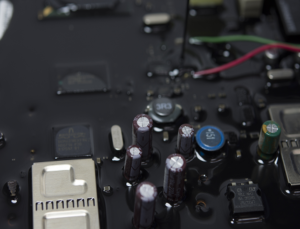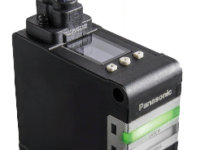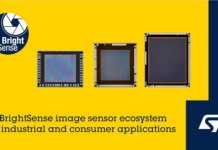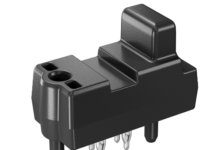
An Electrolube customer, specialising in the manufacture of sensors for a wide variety of applications, recently approached the company for advice on a new sensor development project they were undertaking for a particularly demanding duty. The sensor’s electronics needed to be protected from adverse atmospheric conditions as well as meet specific requirements posed by the hazardous nature of the sensor location. Based on these operating conditions, Electrolube was tasked with selecting an appropriate resin coating for the PCB.
Resin systems are designed to protect and insulate PCBs and electronic components from the threats of harsh and challenging environments, including moisture, mechanical vibration, thermal or physical shock and general contamination. By encapsulating the entire device, resins can form a complete barrier against such environments offering superior performance under extreme conditions.
As this sensor was to be used in hazardous locations, a UL approved resin was deemed essential. Moreover, the chosen resin had to withstand salt mist, occasional contact with chemicals and temperatures frequently dipping below 0°C, but not exceeding 60°C. Following an appraisal of the customer’s specifications, Electrolube suggested that its polyurethane resin UR5604 would comprehensively meet the needs of this application, thanks to its excellent all round protection, even at temperature extremes. Of particular note is the resin’s post-cure flexibility, which ensures minimal stress on the PCB components resulting from temperature fluctuations. In addition, UR5604 offers the highest classification of flame retardancy: UL94 V-0.
Electrolube also helped solve an issue with one particular sensor destined for a high-performance automotive application. The customer, a prominent manufacturer of control units and sensor devices, needed to overcome a challenge posed by a sensor, which would be fully immersed in a speciality grade of oil. The sensor was being subjected to trials to determine its ability to function at elevated oil temperatures (up to a maximum of 170°C), when the original encapsulation resin began showing signs of failure. This resin not only failed to withstand the high oil temperatures over extended periods of time, but was also losing its adhesion to the sensor’s metal alloy housing when thermally cycled.
Electrolube suggested that its new chemically resistant epoxy resin, ER2223 might provide a solution to these problems. ER2223 is a two-part epoxy encapsulation resin offering high resistance to a wide variety of chemicals, including solvents and fuels. The 100 percent reactive system contains neither solvents nor non-reactive diluents, thus offering the highest level of performance when deployed in harsh chemical and high temperature environments.
Moreover, the fully RoHS-2 compliant (2011/65/EU) ER2223 resin provides excellent adhesion to a wide variety of substrates, a property that is not compromised by elevated temperatures or when used in the presence of aggressive chemicals, solvents, fuels and lubricants.
ER2223 has now been fully tested by the customer and has been found to maintain excellent adhesion to the sensor housing in the presence of the specialty oil, even at its maximum duty temperature and throughout a campaign of thermal cycling. The Electrolube resin has subsequently been approved and implemented by the customer in their vehicle applications.
More information about Electrolube”s encapsulation resins can be found at www.electrolube.com.


















